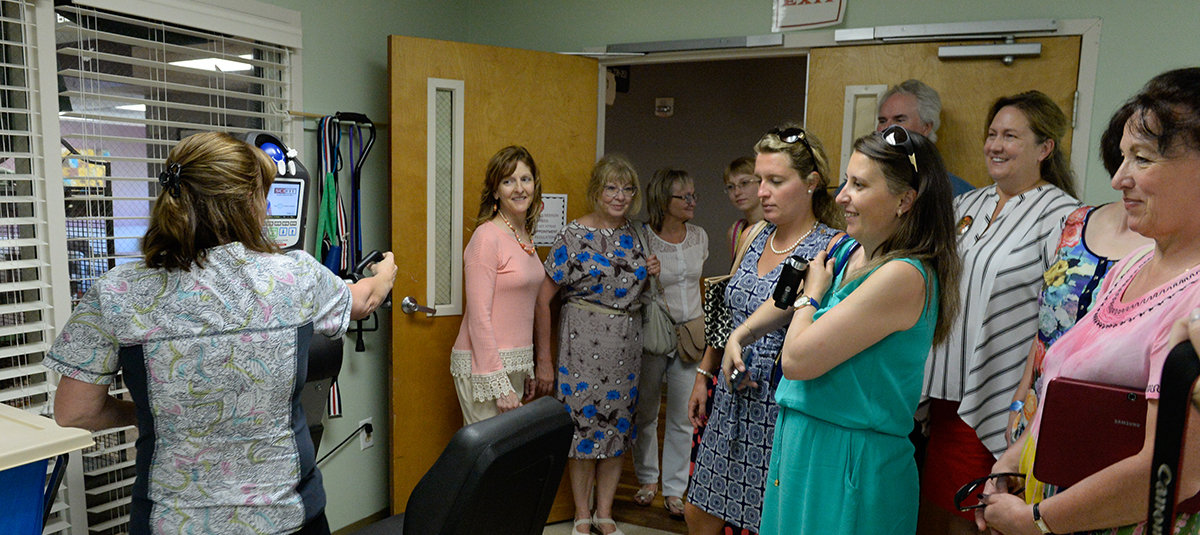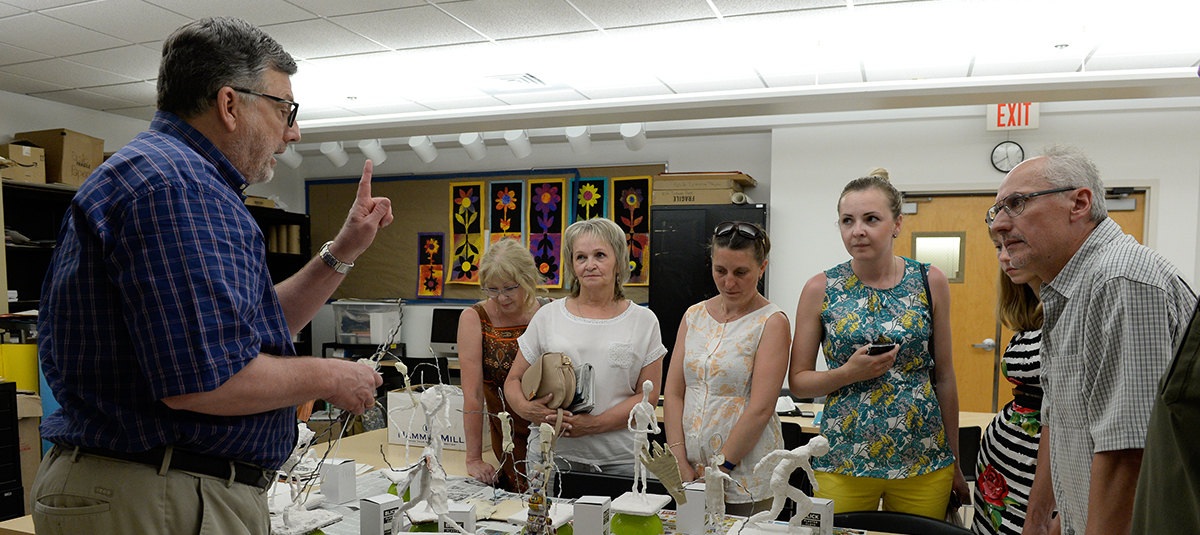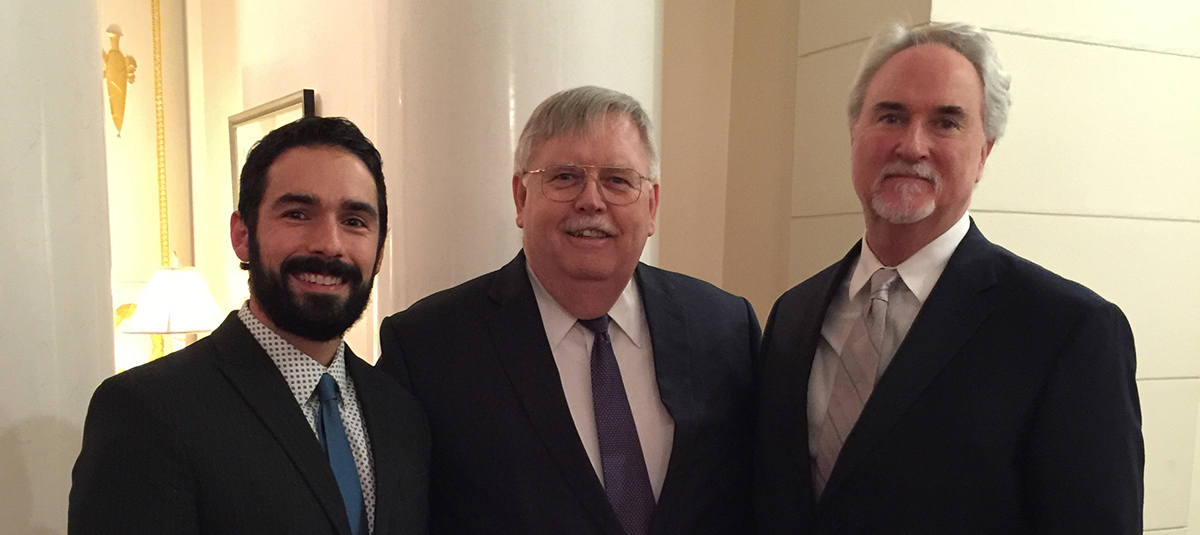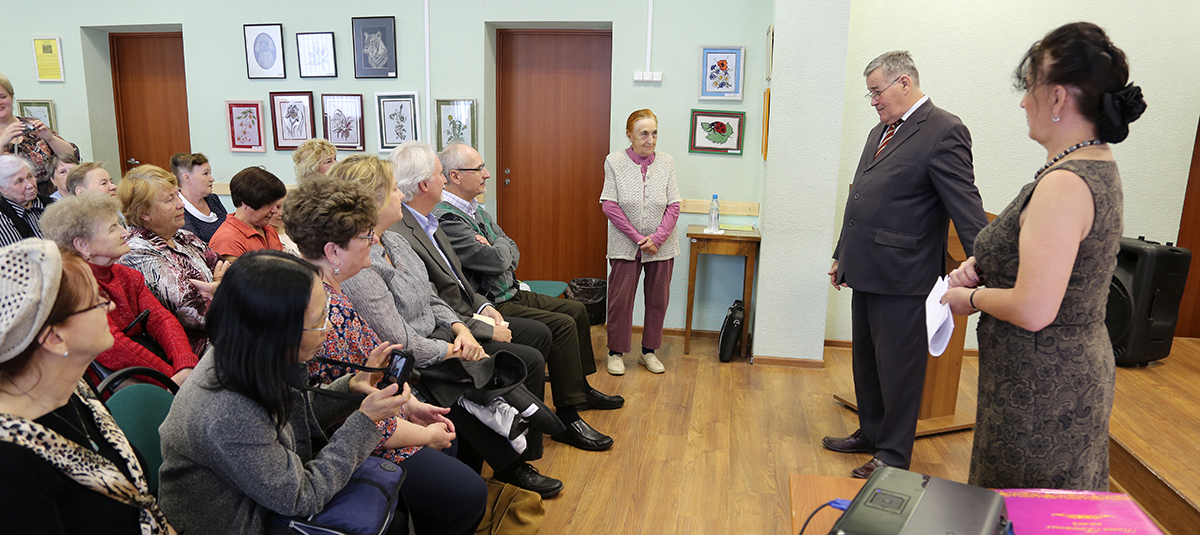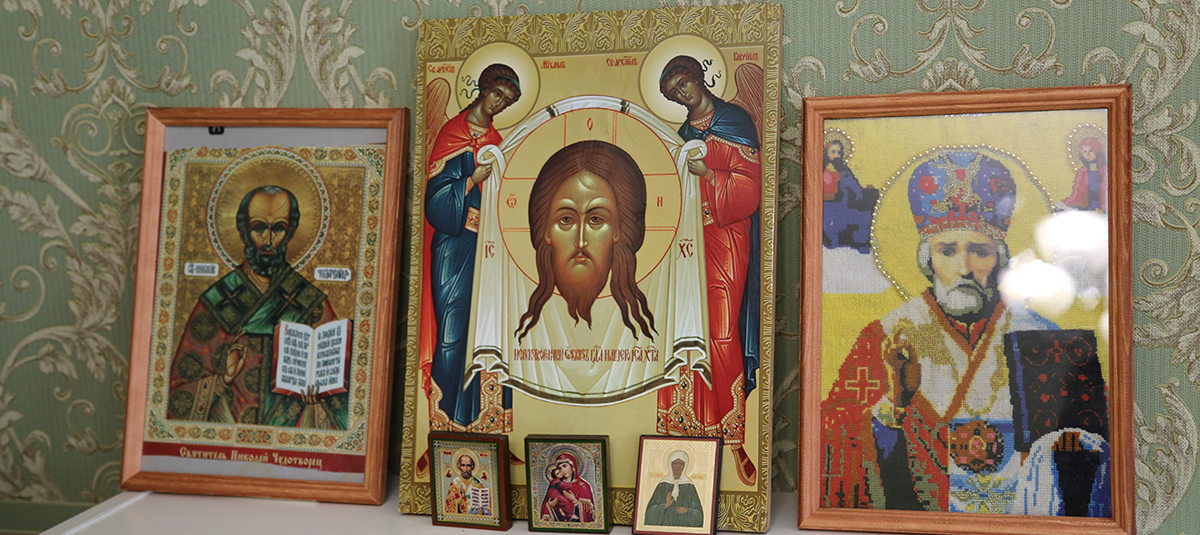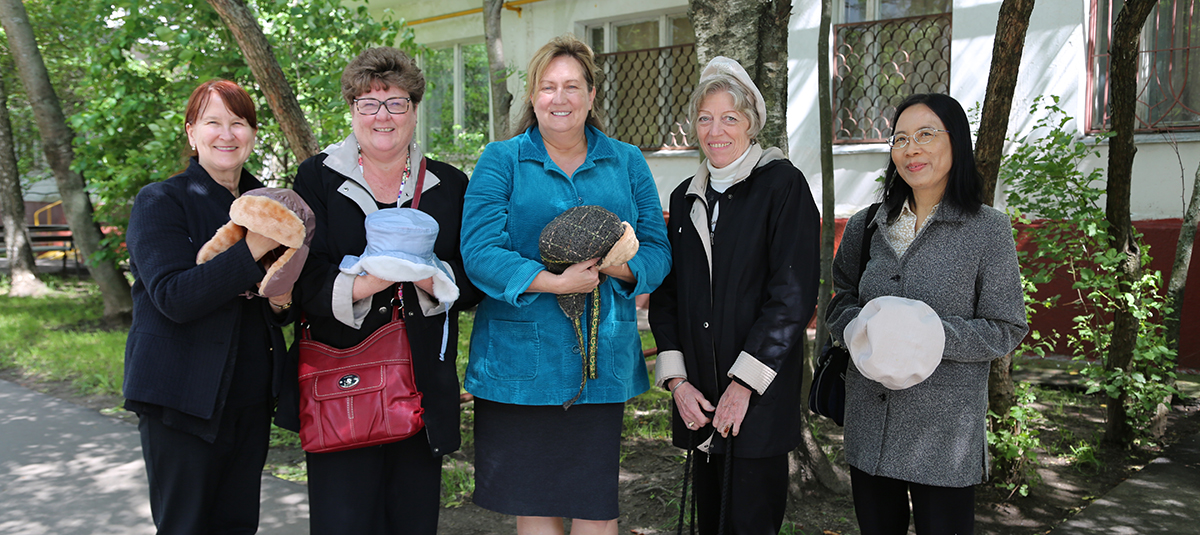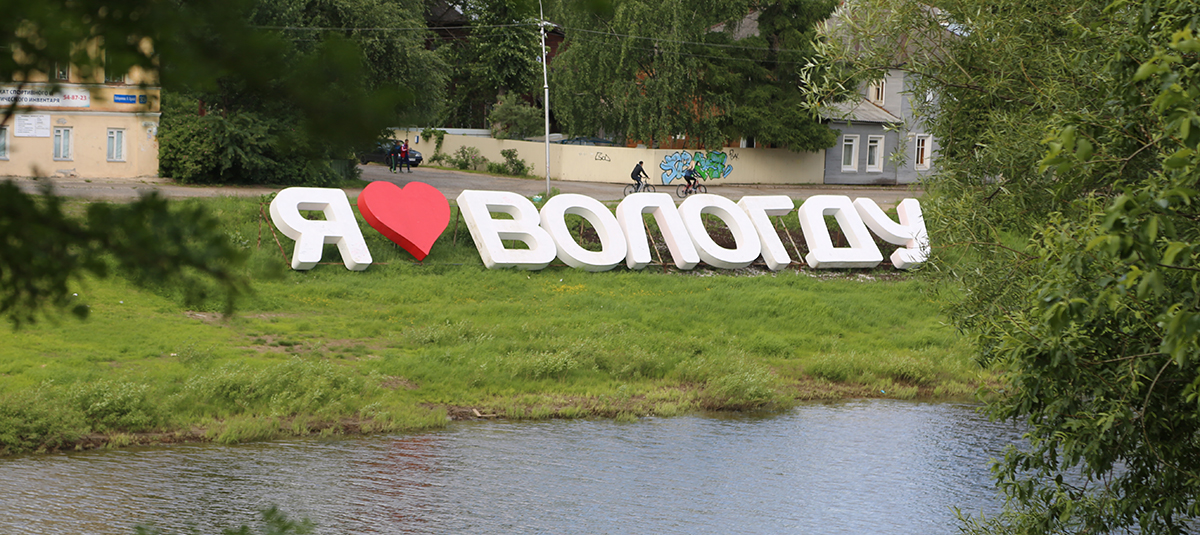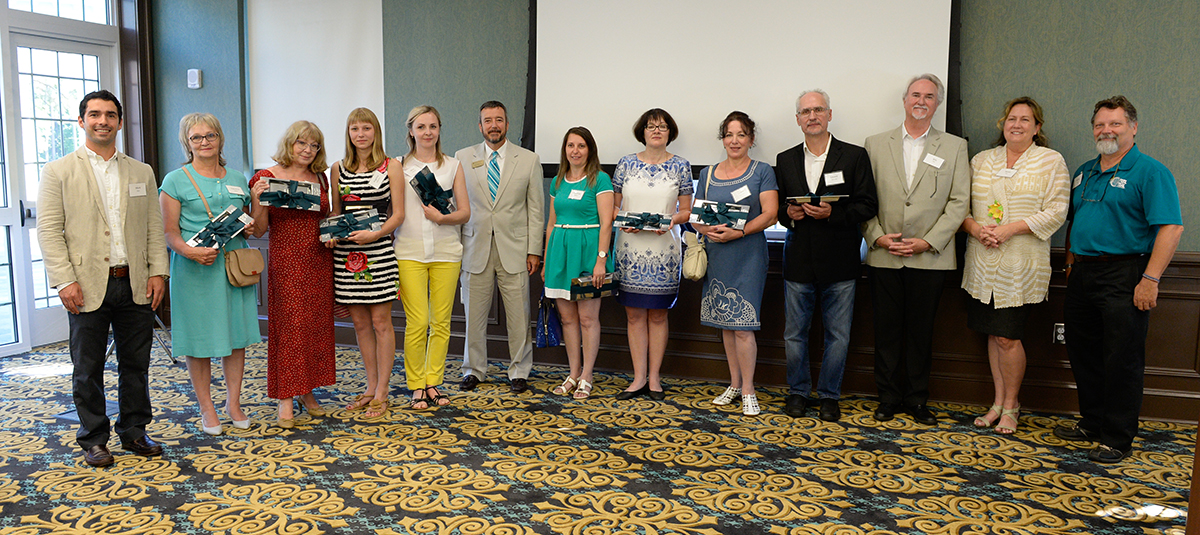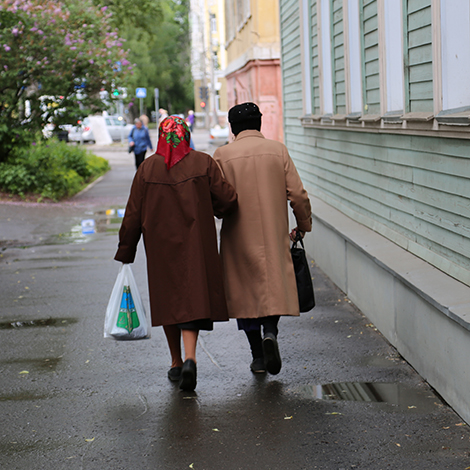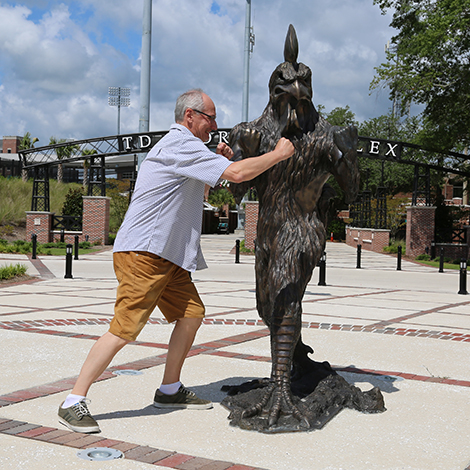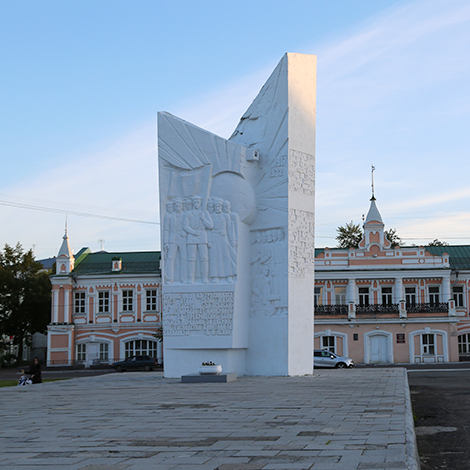US-Russia Peer-to-Peer Dialogue
Recent advances in medical- and social-health care have led to significant life expectancy increases for countries of the world; indeed, global aging has been considered a major accomplishment of the 20th century. This development has brought into focus, however, such questions as how countries might simultaneously provide care for their growing older adult populations and address quality of life issues for all persons, both young and old.
The project outlined through this website demonstrates how countries with unique histories and differing responses to challenges of aging populations can work together and learn from one another. The peer-to-peer focus of this U.S. Department of State grant program was outlined in two goals: to promote dialogue and development of collaborative relationships for gerontologists in the United States and Russia, and provide opportunities for the sharing of “best practices” for older adult service development and delivery.
To meet the grant goals, teams of U.S. and Russian gerontology specialists worked together by engaging in short-term travel exchanges. In early June 2016 a U.S. team of eight gerontology specialists visited Russia to examine service delivery for older adults in Moscow, Vologda and Pskov. Following their return, a corresponding delegation of Russian gerontologists visited South Carolina to see firsthand how older adults receive services in the U.S.



